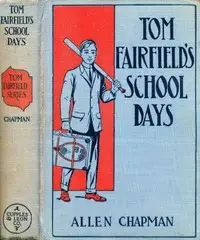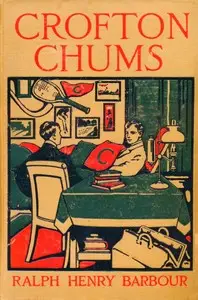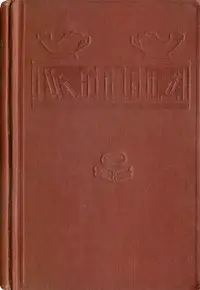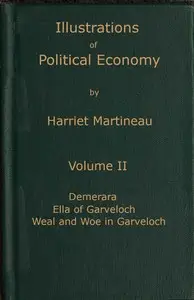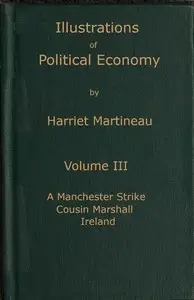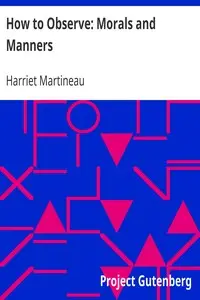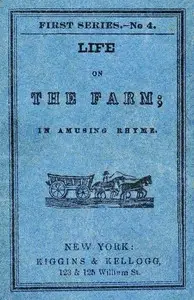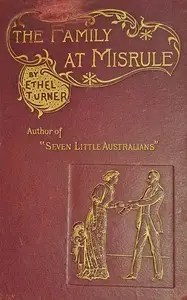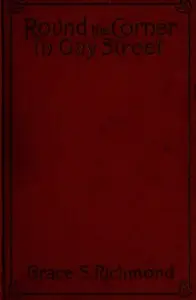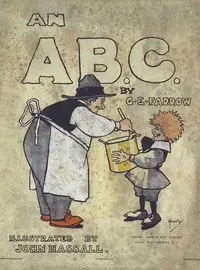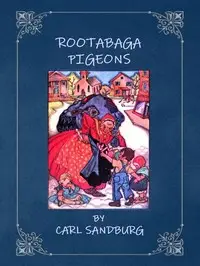"The Crofton Boys" by Harriet Martineau is a story set in the 1800s that centers on a boy named Hugh Proctor as he starts attending Crofton school with his older brother, Phil. The book starts by showing Hugh's life at home with his family in London, where he dreams of having big adventures but struggles with his lessons. Leaving his close-knit family to go to school brings him both excitement and worry. As Hugh begins his new school life, he deals with the ups and downs of fitting in and learning how to navigate his new surroundings, friendships, and lessons. The story explores the mixed feelings of childhood, the strong bond of family, and the big change of going from home to school, showing the challenges and feelings that come with growing up.
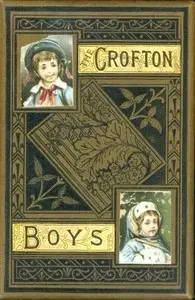
The Crofton Boys
By Harriet Martineau
Yearning for adventure, a young boy leaves his loving home to find acceptance at a new school, but must overcome unexpected challenges.
Summary
About the AuthorHarriet Martineau was an English social theorist. She wrote from a sociological, holistic, religious and feminine angle, translated works by Auguste Comte, and, rarely for a woman writer at the time, earned enough to support herself. The young Princess Victoria enjoyed her work and invited her to her 1838 coronation. Martineau advised "a focus on all [society's] aspects, including key political, religious, and social institutions". She applied thorough analysis to women's status under men. The novelist Margaret Oliphant called her "a born lecturer and politician... less distinctively affected by her sex than perhaps any other, male or female, of her generation."
Harriet Martineau was an English social theorist. She wrote from a sociological, holistic, religious and feminine angle, translated works by Auguste Comte, and, rarely for a woman writer at the time, earned enough to support herself. The young Princess Victoria enjoyed her work and invited her to her 1838 coronation. Martineau advised "a focus on all [society's] aspects, including key political, religious, and social institutions". She applied thorough analysis to women's status under men. The novelist Margaret Oliphant called her "a born lecturer and politician... less distinctively affected by her sex than perhaps any other, male or female, of her generation."

